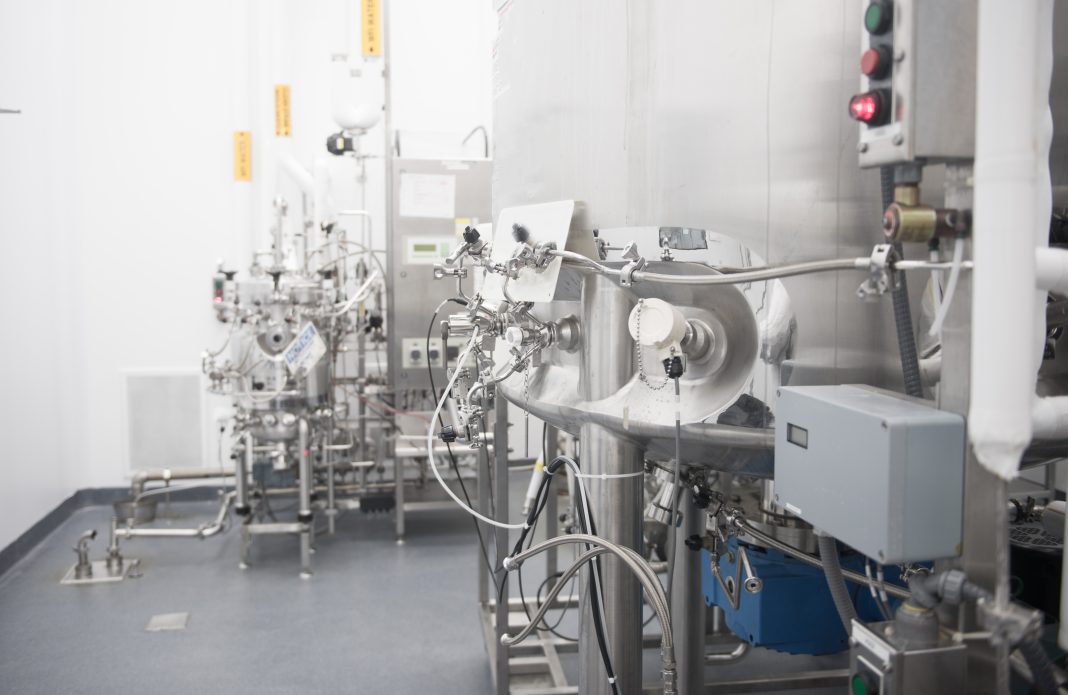Purifying a product with chromatography is a key downstream step in bioprocessing. The chromatographic process relies on a resin, such as agarose, which is a polysaccharide that can be extracted from red seaweed. To keep pace with the market, Agarose Bead Technologies (ABT) announced that it will triple its production capacity for making agarose resins.
Without a reliable supply of chromatographic resins, bioprocessors could not make therapeutics because crucial steps, such as purification, could not be performed. After the supply-chain challenges during the first two years of COVID-19, many vendors are planning to increase manufacturing volumes.
ABT will increase the production volumes of various agarose beads. Through a proprietary process, ABT manufactures non-activated agarose beads, which can be used in size exclusion chromatography, and activated agarose beads, which can be used in affinity and ion exchange chromatography.
By 2023, ABT plans to complete an additional 1,000 square meters of production space. The new facilities will include GMP-compliant, large-capacity bioreactors that ABT will use to make activated and non-activate agarose beads. ABT’s general manager Carolina Egea says that the new facility’s “continuous manufacturing capacity and improved scalability is expected to facilitate time to market, while lowering capital and operating costs.”
If the COVID-19 pandemic taught the bioprocessing industry one lesson, it might be the value of being prepared.
“As the pharmaceutical industry becomes increasingly focused on large molecule biologics, vaccines, and purification and immobilization of biomolecules, ABT continues to increase its production capabilities to establish and ensure the global supply of raw material for the production processes of new emerging therapies,” Egea says.



